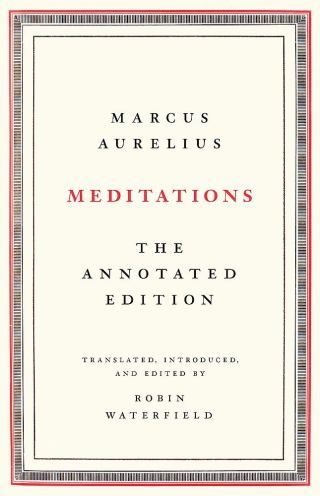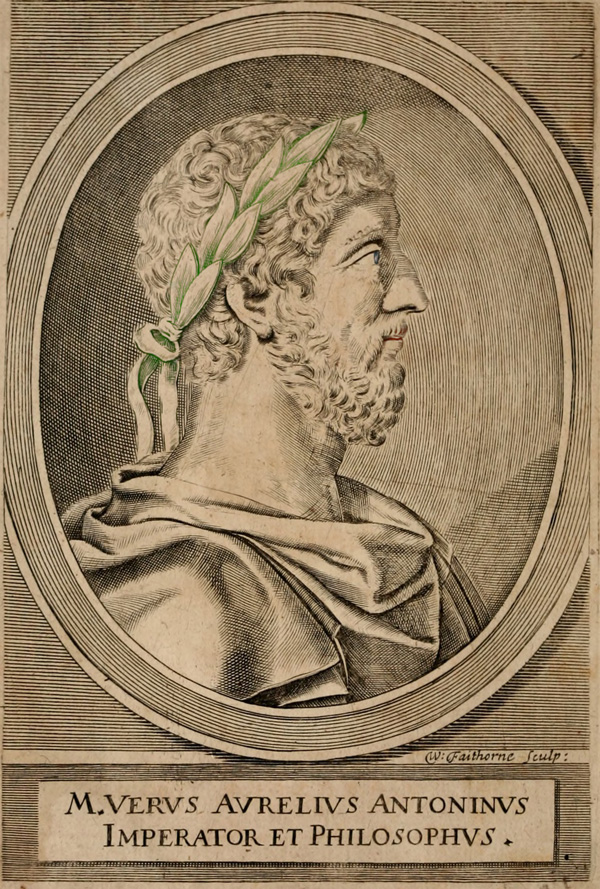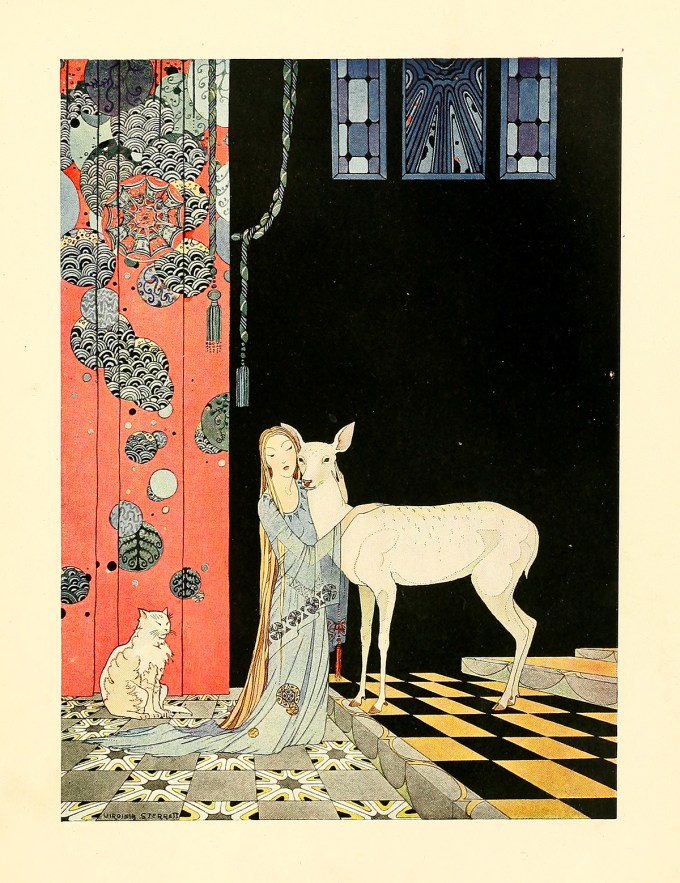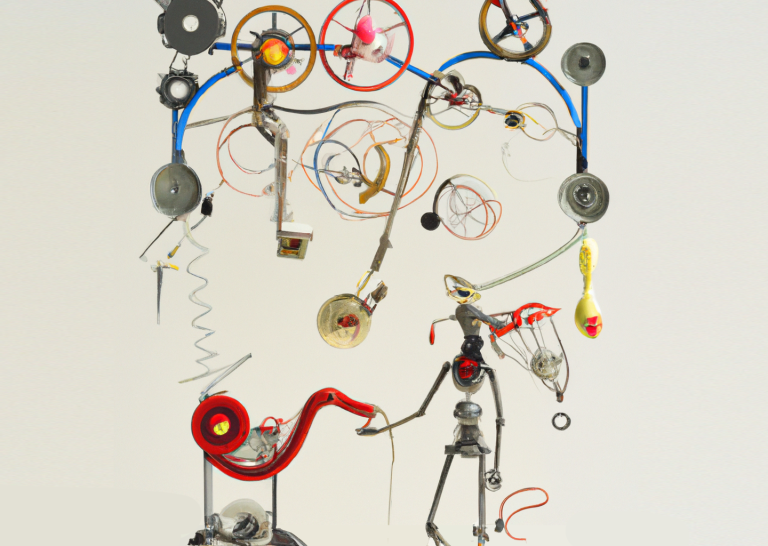He offers a kind of thought experiment to be tested in action — try kindness on, the way one tries on a costume, and see how you feel moving through life wearing it, see that you feel infinitely better about both yourself and life:
You should bear in mind constantly that death has come to men* of all kinds, men with varied occupations and various ethnicities… We too will inevitably end up where so many [of our heroes] have gone… Heraclitus, Pythagoras, Socrates… brilliant intellectuals, high-minded men, hard workers, men of ingenuity, self-confident men, men… who mocked the very transience and impermanence of human life…. men… long dead and buried… Only one thing is important: to behave throughout your life toward the liars and crooks around you with kindness, honesty, and justice.


The key to kindness, he observes, is keeping “the purity, lucidity, moderation, and justice of your mind” from being sullied by the actions of those you encounter, no matter how disagreeable and discomposed by unreason they may be. In a passage itself defying the laziness of labels, rooted in a metaphor more evocative of a Buddhist parable or a Transcendentalist diary entry or a Patti Smith Instagram poem than of a Stoic dictum, he writes:
Complement with poet Naomi Shihab Nye’s soul-broadening ode to kindness and George Saunders on its regret-annihilating power, then revisit Marcus Aurelius on the good luck of your bad luck, how to handle disappointing people, the key to living with presence, the most potent motivation for work, and how to begin each day.
Marcus Aurelius (April 26, 121–March 17, 180) knew this, lived this. Once a heartbroken queer teenager raised by a single mother, he was saved by Stoic philosophy, then tried to save a dying world with it when he came to rule Rome as the last of its Five Good Emperors. Across the epochs, he goes on saving us with the sonorous undertone of his entire philosophy — his humming insistence on kindness as the only effective antidote to all of life’s assaults.

In a sentiment Bertrand Russell would echo epochs later in contemplating how to stop limiting your best life, Marcus Aurelius offers the ultimate recipe for fulfillment:
Suppose someone standing by a clear, sweet spring were to curse it: it just keeps right on bringing drinkable water bubbling up to the surface. Even if he throws mud or dung in it, before long the spring disperses the dirt and washes it out, leaving no stain. So how are you to have the equivalent of an ever-flowing spring? If you preserve your self-reliance at every hour, and your kindness, simplicity, and morality.
If you carry out every present task by following right reason assiduously, resolutely, and with kindness; if, rather than getting distracted by irrelevancies, you keep your guardian spirit unspoiled and steady…; if you engage with the task not with expectations or evasions, but satisfied if your current performance is in accord with nature and if what you say and express is spoken with true Roman honesty, you’ll be living the good life. And there’s no one who can stop you doing so!
In his timeless Meditations (public library) — notes on life he had written largely to himself while learning how to live more nobly in an uncertain world that blindsides us as much with its beauty as with its brutality — he returns again and again to kindness and the importance of extending it to everyone equally at all times, because even at their cruelest, which is their most irrational, human beings are endowed with reason and dignity they can live up to.

Try living the life of a good man* and see how it too suits you — a man who’s gratified by the lot he’s been assigned by the universe and satisfied with the justice of his acts and the kindness of his character.
All human lives are too various and alive with contradiction to be neatly classed into the categories in which we try to contain the chaos of life, and yet we spend so much of our own unclassifiable lives classing the lives of others. One measure of kindness might be the unwillingness to crush complexity into category, the refusal to lash others with our labels.
Seventeen centuries before Tolstoy looked back on his long and contradictory life to make the bittersweet observation that “nothing can make our life, or the lives of other people, more beautiful than perpetual kindness,” Marcus Aurelius draws on the other great refrain that carries his philosophy — the insistence that embracing our mortality is the key to living fully — and writes:





